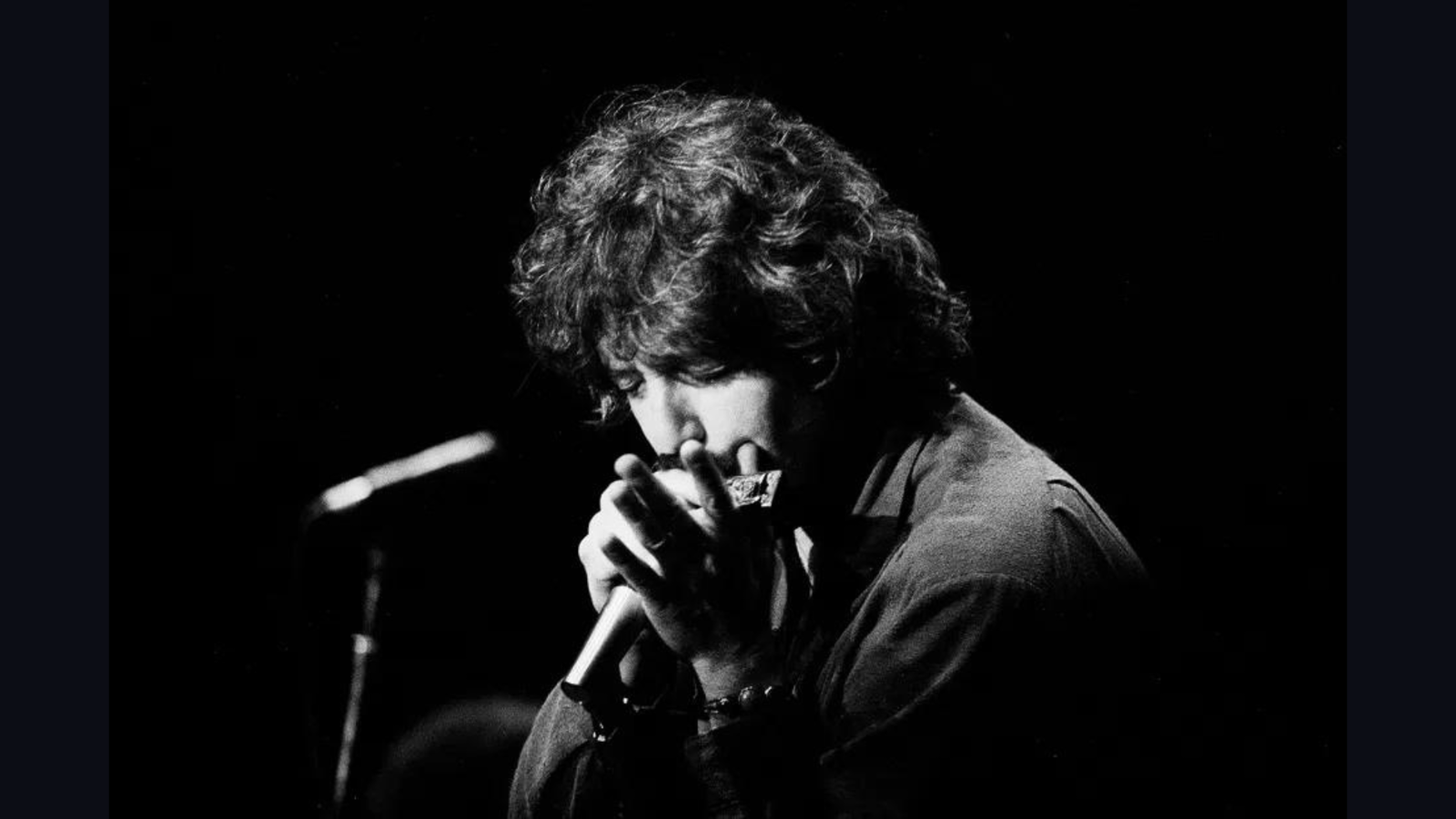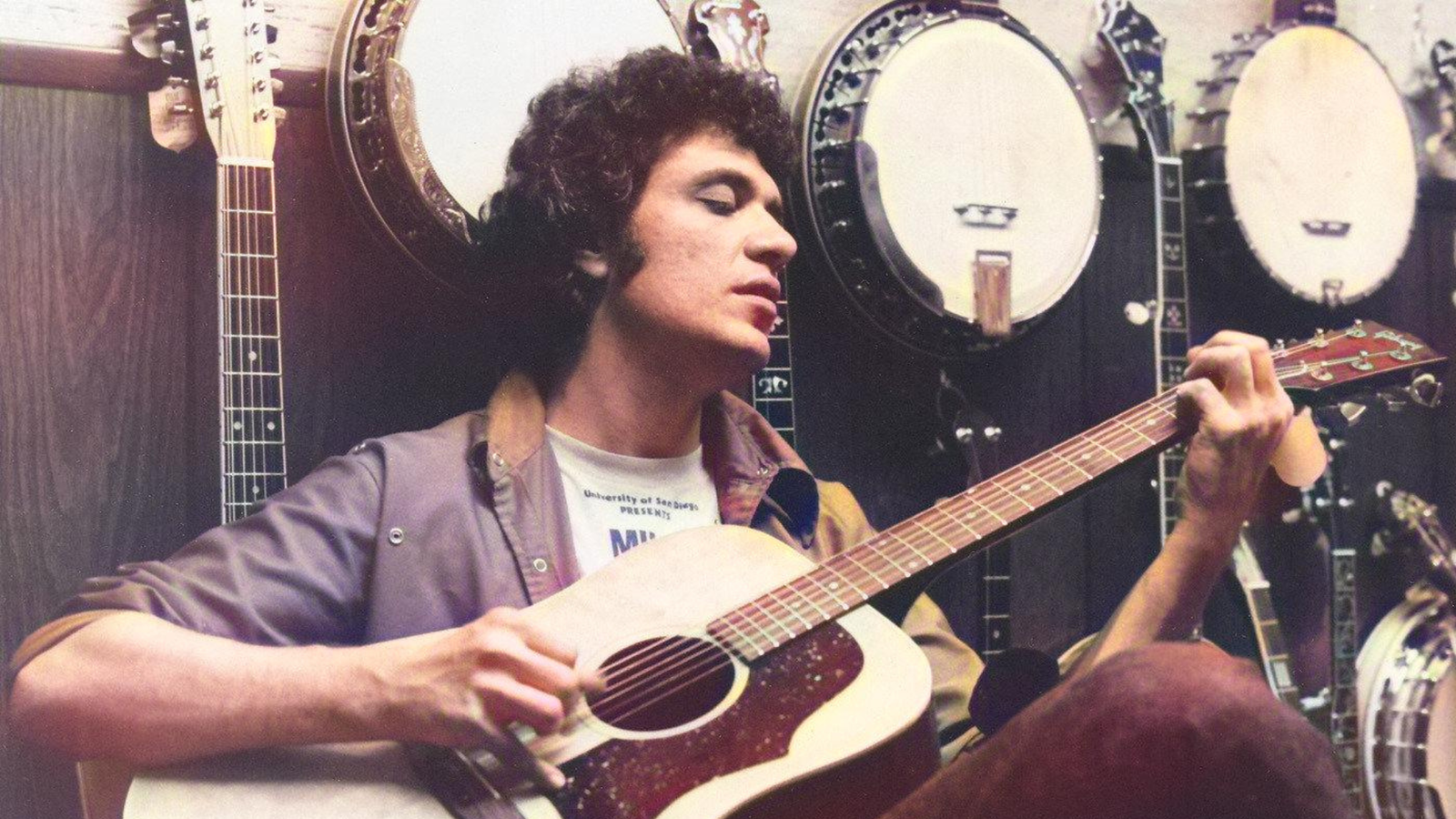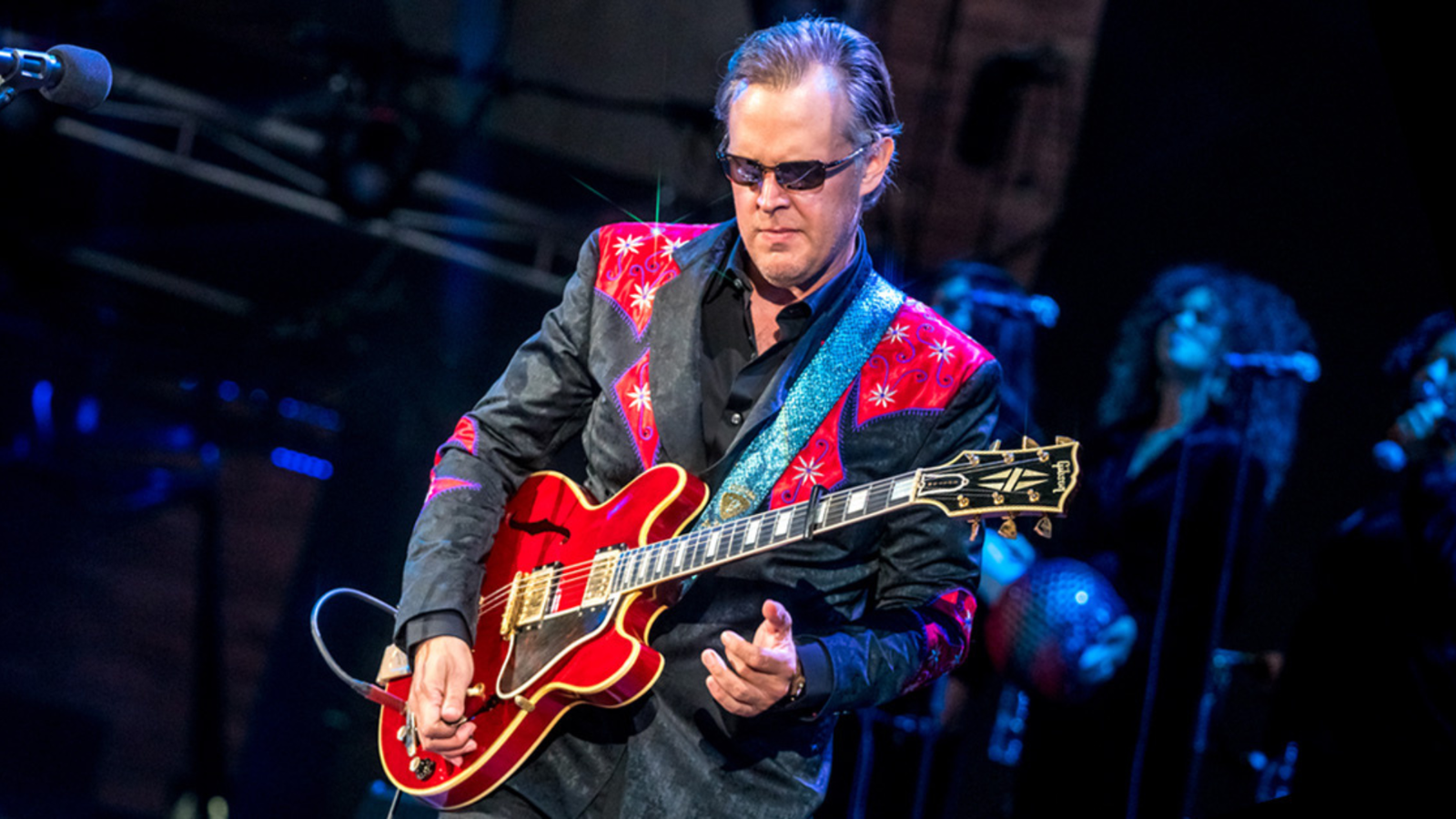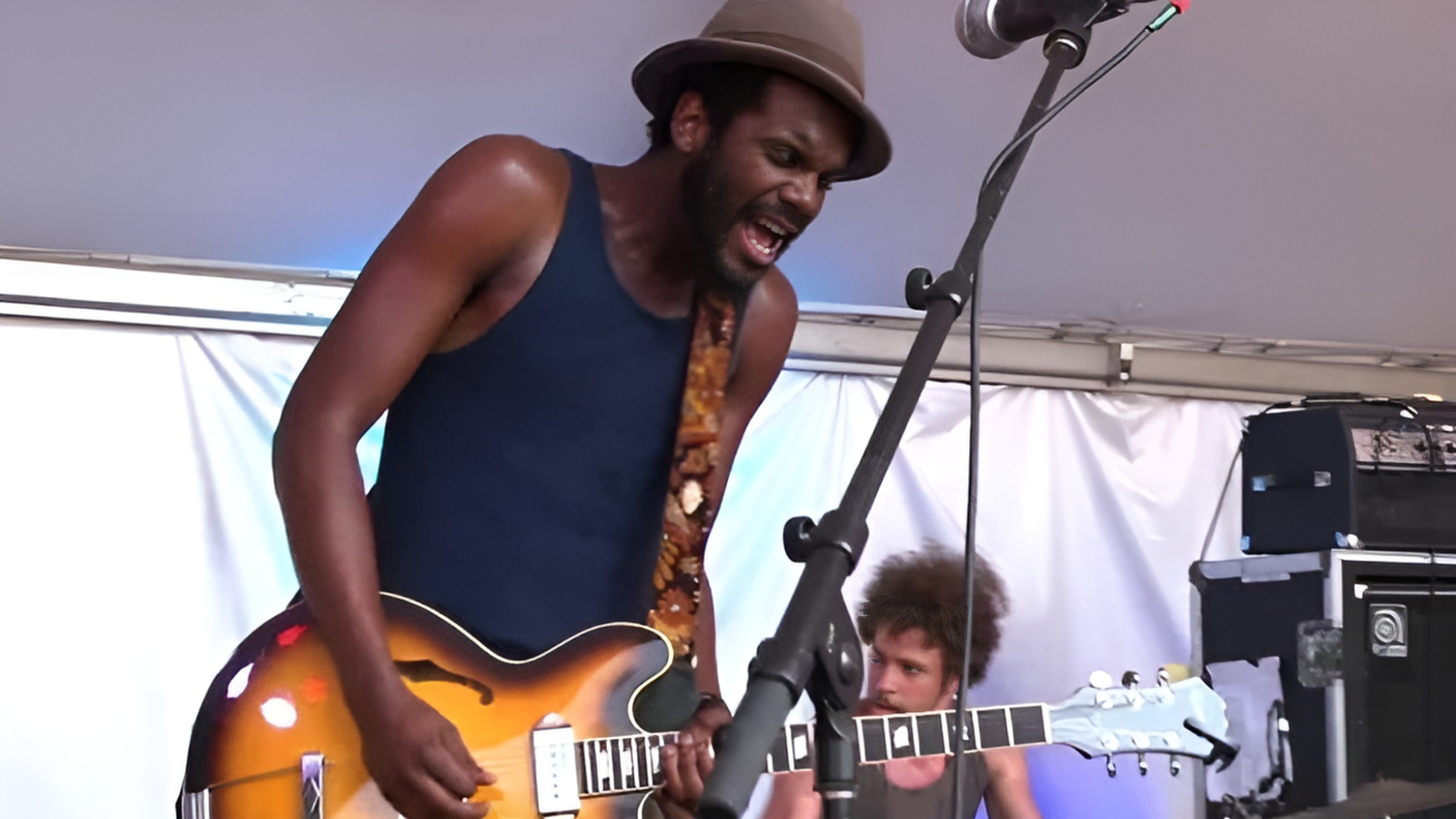White male blues singers have left a mark on the music world, blending their unique experiences with the soulful essence of blues.
Many music lovers wonder about the impact and contributions of these artists to a genre deeply rooted in African American culture.
This article is about white male blues singers, showcasing how they’ve shaped and expanded the blues landscape.
We’ll delve into the stories of influential figures like Eric Clapton and Stevie Ray Vaughan, examine their distinctive styles, and highlight their role in popularizing blues music.
By the end, you’ll understand how these artists have contributed to the history, ensuring the genre’s continued relevance and appeal.
Overview of White Male Blues Singers
White male blues singers have played a significant role in shaping and spreading blues music.
Let’s understand blues music in brief.
- Blues music began in African American communities in the southern United States during the late 1800s.
- It grew from work songs, spirituals, and folk music, expressing the hardships and emotions of everyday life.
- As the genre developed, it caught the attention of white audiences and musicians.
- In the early days, there were meetings between white and black musicians.
- These exchanges helped blues music spread beyond its original communities.
- White artists began to learn from and perform alongside African American blues musicians, setting the stage for future collaborations and musical growth.
White Male Blues Singers’ Early Contributions
- During the 1960s and 70s, white artists played a big part in bringing blues to more people.
- They helped introduce the genre to audiences who might not have heard it otherwise.
- This period saw blues influencing rock music and becoming more popular worldwide.
- Eric Clapton, Johnny Winter, and Mike Bloomfield were among the white artists who helped make blues more widely known.
- Their performances and recordings introduced rock fans to blues sounds and helped spark interest in the original blues artists who inspired them.
Pioneering White Male Blues Singers
Pioneering white male blues singers was crucial in popularizing and evolving the blues genre. Here are some of them.
1. Eric Clapton: The Iconic Bridge Between Blues and Rock
![]()
Eric Clapton’s mastery of the guitar and his ability to merge rock and blues brought widespread attention to the genre.
His soulful guitar work and passionate vocals helped introduce blues to a new generation of listeners.
Clapton’s legacy lies in his ability to blend rock’s intensity with the emotional depth of blues, inspiring countless musicians and keeping the genre relevant in mainstream music.
- Birth Date: March 30, 1945
- Years Active: 1962–present
- Major Albums:Layla and Other Assorted Love Songs (1970), 461 Ocean Boulevard (1974), Unplugged (1992)
- Major Achievements: 18 Grammy Awards, three-time Rock and Roll Hall of Fame inductee
2. Johnny Winter: Master of the Slide Guitar

Johnny Winter’s fiery slide guitar performances brought a new energy and passion to the blues during the 1960s and 70s.
His high-energy playing and deep respect for traditional blues helped keep the genre alive during a rapid change in popular music.
Winter’s legacy is preserving the authenticity of blues while influencing many rock guitarists.
- Birth Date: February 23, 1944
- Years Active: 1959–2014
- Major Albums:Second Winter (1969), Johnny Winter And (1970), Still Alive and Well (1973)
- Major Achievements: Grammy Award for Best Traditional Blues Album (2014)
3. Paul Butterfield: Innovating the Chicago Blues Sound

Paul Butterfield was a harmonica master whose work with the Paul Butterfield Blues Band helped bridge the gap between blues and rock.
Combining his innovative approach to Chicago blues with rock and jazz elements opened doors for many musicians.
Butterfield’s contribution is showing how the genre could evolve without losing its roots.
- Birth Date: December 17, 1942
- Years Active: 1963–1987
- Major Albums:The Paul Butterfield Blues Band (1965), East-West (1966)
- Major Achievements: Inducted into the Rock and Roll Hall of Fame (2015), performed at Monterey Pop Festival and Woodstock
4. Stevie Ray Vaughan: Revitalizing the Blues in the 80s

Stevie Ray Vaughan revitalized blues in the 1980s with intense guitar playing and deeply emotional performances.
His ability to connect with his audience through music brought new life to the genre, inspiring younger generations of blues guitarists.
Vaughan’s legacy rekindles interest in blues and bridges the gap between traditional and modern interpretations.
- Birth Date: October 3, 1954
- Years Active: 1970–1990
- Major Albums:Texas Flood (1983), Couldn’t Stand the Weather (1984), In Step (1989)
- Major Achievements: Six Grammy Awards, inducted into the Rock and Roll Hall of Fame (2015)
5. Mike Bloomfield: Guitar Innovator in Blues

Mike Bloomfield’s work with Bob Dylan and the Paul Butterfield Blues Band helped merge blues into the 1960s rock scene.
His guitar work was innovative, fusing blues with other genres and expanding the possibilities of the electric guitar.
Bloomfield’s lasting impact is in showing how blues could blend with other forms of music, leading to new explorations.
- Birth Date: July 28, 1943
- Years Active: 1964–1981
- Major Albums:The Paul Butterfield Blues Band (1965), Super Session (1968)
- Major Achievements: Inducted into the Rock and Roll Hall of Fame (2015)
Expanding the Genre: The Unique Styles of White Male Blues Singers
White male blues singers brought their unique sounds and flavors to the genre.
Let’s explore how they blended blues with other music styles and put their personal stamp on the music, adding new dimensions to this rich tradition.
Distinctive Fusion of Genres
- White male blues singers often blended blues with elements from other music genres like rock, folk, and country.
- This fusion created a fresh and unique sound that helped blues reach new audiences.
- Some artists added rock guitar solos to traditional blues structures, while others brought in folk-style storytelling, helping to evolve the genre while maintaining its roots.
For example, Eric Clapton’s rock-infused blues and Stevie Ray Vaughan’s fiery guitar solos took the blues to a wider audience.
Personal Expression in the Blues
Blues is a genre built on deep personal expression, and white male blues singers brought their own life experiences to the music.
Artists like Bob Dylan and Stevie Ray Vaughan infused their music with personal stories, struggles, and triumphs, giving the blues a new perspective.
- Bob Dylan used blues to comment on social and personal struggles, blending his folk roots with blues structures.
- On the other hand, Vaughan channeled his life experiences directly through his guitar playing, offering a deeply emotional connection with his listeners.
Cultural Impact and Controversy
The involvement of white male blues singers in a traditionally African American genre has sparked praise and controversy.
Here, we’ll explore the complex issues surrounding cultural borrowing and the contributions of these artists to blues music.
Cultural Appropriation
- The success of white male blues singers has raised questions about cultural appropriation, as some critics argue that white artists gained fame and profit from a style created by African Americans, who often received little recognition or compensation.
- Acknowledging the roots of blues music and honoring the African American pioneers who laid the groundwork for the genre is crucial.
- At the same time, it’s important to recognize how white artists helped keep blues alive and introduced it to new listeners.
- Many white male blues singers openly credited their African American influences, encouraging their audiences to explore the original artists who inspired them.
Contribution to Blues Legacy
- White male blues singers contributed significantly to the global popularity of blues music.
- Their access to larger platforms allowed them to bring blues to a wider audience, ensuring its survival and growth.
- By blending blues with other genres, they helped the style evolve and remain relevant.
Modern White Male Blues Singers and Revival of the Genre
Modern white male blues singers continue to breathe new life into the genre, blending traditional sounds with contemporary influences.
These artists have played a crucial role in keeping blues relevant and introducing it to new generations of listeners.
1. Joe Bonamassa: A Contemporary Blues Virtuoso

Joe Bonamassa is known for his powerful guitar work and modern take on blues.
His ability to blend traditional blues with contemporary rock has earned him a large following.
Bonamassa’s enduring legacy lies in honoring blues traditions while pushing the genre forward.
- Birth Date: May 8, 1977
- Years Active: 1989–present
- Major Albums:Blues of Desperation (2016), Live at the Royal Albert Hall (2009)
- Major Achievements: Two-time Grammy Award nominee
2. Kenny Wayne Shepherd: Continuing the Blues Tradition

Kenny Wayne Shepherd blends Texas blues with rock elements, maintaining the blues’ relevance in the modern rock scene.
His guitar-driven sound pays homage to blues legends while appealing to contemporary audiences.
- Birth Date: June 12, 1977
- Years Active: 1990–present
- Major Albums:Ledbetter Heights (1995), Trouble Is… (1997)
- Major Achievements: Five Grammy Award nominations
3. Gary Clark Jr.: Innovating Blues with Modern Flair

Gary Clark Jr. mixes blues with soul, rock, and hip-hop, attracting a younger audience.
His innovative approach showcases the genre’s versatility and relevance in today’s music scene.
- Birth Date: February 15, 1984
- Years Active: 2001–present
- Major Albums:Blak and Blu (2012), This Land (2019)
- Major Achievements: Four Grammy Awards
The Enduring Appeal of White Male Blues Singers
- White male blues singers continue to captivate audiences, thanks partly to modern technology.
- Digital platforms like streaming services, social media, and documentaries have given blues music a fresh boost, making it accessible to new listeners worldwide.
- Streaming services have made it easy for people to discover classic and contemporary blues artists.
- This accessibility has helped introduce blues to younger generations, ensuring its continued relevance.
Conclusion
White male blues singers have undeniably shaped the blues genre, blending their unique styles with the soulful essence of traditional blues.
From Eric Clapton’s groundbreaking guitar riffs to Stevie Ray Vaughan’s emotional performances, these artists have played a crucial role in keeping blues alive and relevant.
While debates about cultural borrowing continue, the passion, respect, and skill these musicians brought to the genre is undeniable.
As listeners, we are fortunate to benefit from their contributions to the blues’ rich history.
For those looking to explore more, dive into the albums mentioned in this article and let the soulful sounds of these legendary white male blues singers inspire you.





















